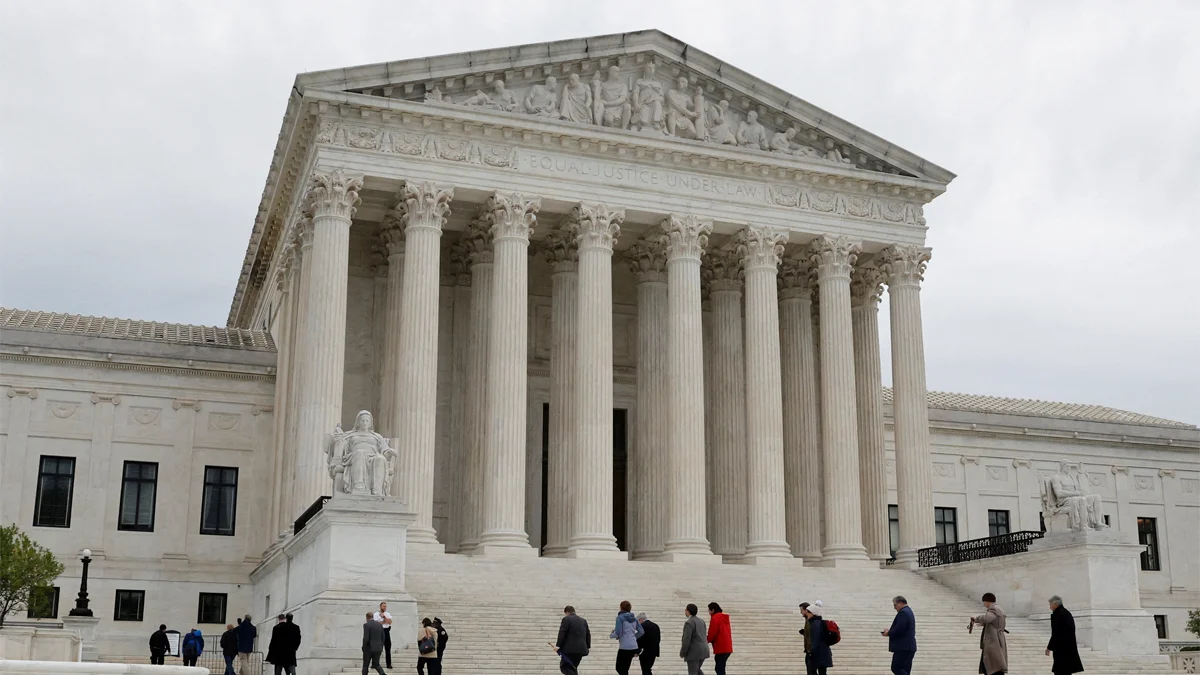Necessary Always Active
Necessary cookies are required to enable the basic features of this site, such as providing secure log-in or adjusting your consent preferences. These cookies do not store any personally identifiable data.
|
||||||
|
||||||
|
||||||
|

The Supreme Court in the US has dismissed Nvidia’s bid to block a lawsuit on securities fraud. Reuters reported that the Nvidia securities fraud lawsuit was filed by shareholders who accused the company of misrepresenting facts regarding the extent to which its sales relied on the cryptocurrency market.
In the securities fraud lawsuit, investors accuse chip manufacturer, Nvidia and CEO Jensen Huang of violating the Securities Exchange Act. According to the plaintiffs, Nvidia breached the Act when it downplayed the amount of revenue the company generated from crypto-related purchases in its 2017 and 2018 financial statements.
The prices of some cryptocurrencies started rising in 2017. Demand for Nvidia chips increased during this time due to their use in cryptomining, a complex mathematical process used to secure cryptocurrencies like ether and bitcoin. However, profits from cryptocurrencies dipped towards the end of 2018. Nvidia’s revenues also dropped below the projected amounts.
The result was a dip in the company’s stock prices in November 2018. Through the securities fraud lawsuit, the plaintiffs want an unspecified monetary compensation to recoup the lost value of Nvidia stocks that investors lost at this time.
In 2022, the chip manufacturer agreed to pay $5.5 million to authorities in the US to settle the charges arising from its failure to disclose the impact of crypto mining on its gaming business. However, the company did not admit or deny regulator findings on the matter.
A federal judge had dismissed the lawsuit filed by Nvidia shareholders. But the 9th US Circuit Court of Appeals in San Francisco revived the case after it found that the shareholders had sufficiently alleged that Nvidia and Huang made misleading or false statements either recklessly or knowingly.
Nvidia shareholders’ legal representative Deepak Gupta termed the Supreme Court’s move to dismiss Nvidia’s appeal as a win for corporate accountability.
“The corporate Supreme Court bar, supported by the U.S. Chamber (of Commerce) and its allies, often try to gin up nonexistent legal issues in an effort to curtail class actions. We hope the court will think twice the next time a corporation uses the same playbook,” Gupta said.
The plaintiffs presented strong allegations from former Nvidia employees, expert opinion, and market analysis at the Supreme Court. Nvidia sought to discredit their argument saying the lawsuit had failed to demonstrate that the disputed financial statements the company released were false.
The company also claimed that the shareholders had not proven that Nvidia recklessly or intentionally misled investors as required by the law. Nvidia expressed its readiness to continue with its defense.
“Consistent and predictable standards in securities litigation are essential to protecting shareholders and ensuring a strong economy, and we remain committed to supporting them,” an Nvidia spokesperson said.
Related News – Huawei Takes on Nvidia with Its New Ascend 910C AI Chip
US Supreme Court justices listened to the legal arguments underlying the dispute on November 13, 2024. But they did not deliver a decision. Instead, the justices decided to dismiss Nvidia’s appeal against the ruling of a lower court in a single line order that was devoid of explanation.
By refusing to grant the appeal, the Supreme Court left the ruling by the lower court intact. Throughout the case, some Supreme Court judges wondered whether the appeal on the Nvidia securities fraud suit had a clear legal issue or it was a dispute over facts. They expressed reservations over resolving the case due to the technical complexities involved.
Throughout the case, the big issue for the Supreme Court was to determine whether the plaintiffs in the case met the heightened legal bar for filing private securities fraud suits as provided by the Private Securities Litigation Reform Act. This law is aimed at eliminating pointless litigations.